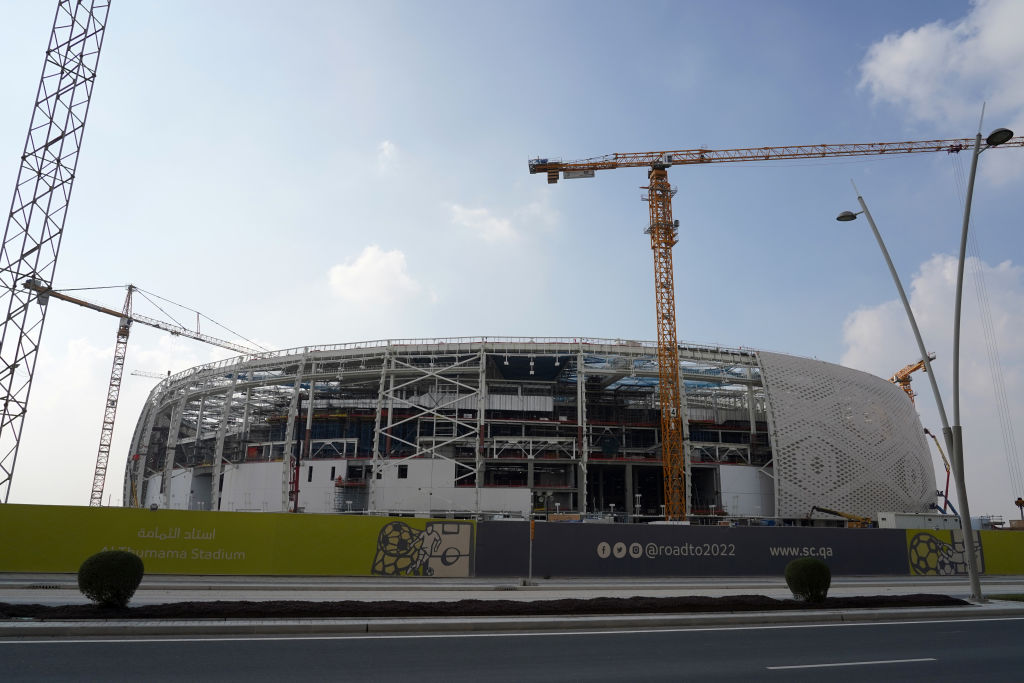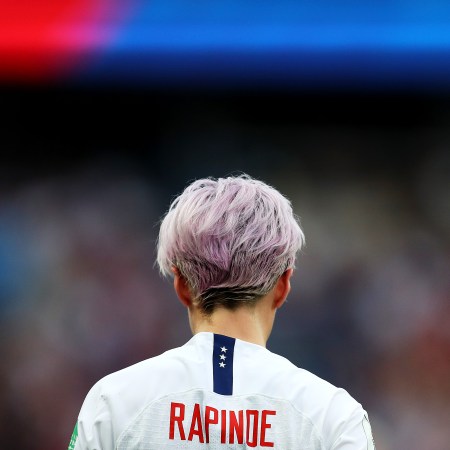Every four years, the World Cup allows soccer fans around the globe to see the greats of the sport compete — encompassing everything from legends at their peak to upstarts carving out a place for themselves. The World Cup set to take place next year might well be the first big international sporting event to take place with the pandemic relatively contained; unfortunately, there’s another ongoing tragedy centered around the Qatar World Cup that predates the one on many people’s minds right now.
That would be the horrific labor conditions to which a host of workers have been subjected since Qatar was awarded the competition. A report published by The Guardian earlier this year noted that 6,500 migrant workers had died in Qatar in the last decade. (Even more alarming: the actual death toll could be even higher.) Not all of these have been on new stadiums for the competition, but — as the article points out — most building projects in Qatar have been tied to the looming World Cup, including public transportation, an airport and an entirely new city.
The death toll surrounding the upcoming tournament has left many horrified. Now, human rights organization Amnesty International has reached out to soccer’s governing body, FIFA, and asked it to address this issue. According to a new article at The Athletic, Amnesty International called on FIFA to request that Qatar “fully implement and enforce its labor reforms and take further measures to protect all workers from labor abuse.”
How Qatar will respond — or even if it will — remains to be seen. But the human rights concerns surrounding the 2022 World Cup have prompted calls for at least one team to sit out the competition in protest. That would be Norway, and, given the presence of rising star Erling Haaland on the Norwegian men’s national team, the conscious absence of a big-name player from the tournament might draw attention to the human rights issues.
For its part, the government of Qatar responded to Amnesty International’s letter. In a statement of its own, Qatar said that it “is committed to working closely with its international partners, including Amnesty International, to protect all workers and ensure the new laws are effectively implemented and enforced.” All of which begs the question: will that be enough?
The Charge will help you move better, think clearer and stay in the game longer. Subscribe to our wellness newsletter today.


















